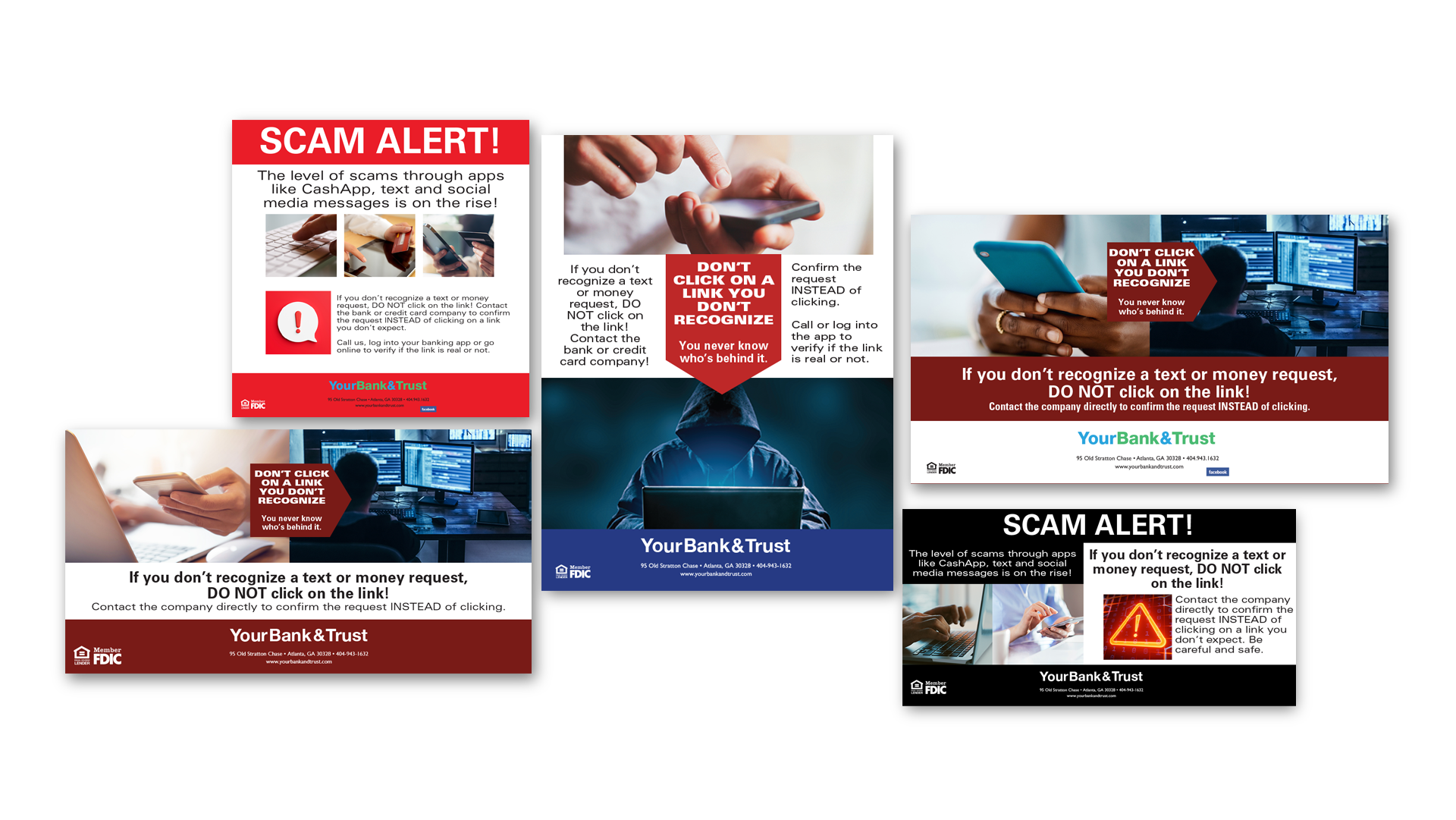
Newly released Federal Trade Commission data shows that consumers reported losing nearly $8.8 billion to fraud in 2022, an increase of more than 30% over the previous year. Who are some of the most inventive fraudsters? P2P payment scammers.
Peer-to-peer (P2P) payment services and money transfer apps like Cash App, Venmo, PayPal, and Zelle, are becoming more popular because of their convenience and, for the most part, their reliability. Users can add funds to their account by linking it to an existing checking account or debit card. This allows funds to be transferred directly to the user’s bank account. It also allows funds from the user’s bank account to be transferred to their payment app. Today, according to LendingTree®, more than 8 in 10 consumers have used a P2P payment service to make a financial transaction.
Sounds good, doesn’t it? Well, not always. With more than 2 billion people worldwide using P2P payment services, cyber criminals have developed plenty of ingenious ways to profit through scams. Here are a few of the more popular ones making their way around P2P services:
- Posing as customer support: Scammers take advantage of users by posing as employees and reaching out via direct message or phone.
- Offering expensive goods: Scammers offer expensive — but fictitious — goods or services in return for payment. It’s a scam.
- Random deposits: You wake up to find an unexpected deposit in your account and the sender, who sent it by accident, would simply like it returned. This, too, is a scam.
- Claim your prize: Users may be contacted with claims of fabulous cash prizes. But in order to receive the prize, they must first send money. Guess what? Scam.
- SSN request: Anyone asking for a user’s Social Security number is almost certainly a scammer. Never give anyone your SSN.
- Government relief payments: Scammers pose as government agents, offering the promise of cash in the form of a government grant or relief program. This type of scam can look quite legitimate. A dead giveaway? You’ll be asked for personal banking information.
- Cash flippers: Scammer claims to be able to “flip” your funds. Cash flipping scammers will usually ask for a small sum, something to the tune of $5 or $10, which they will claim they can flip into multiple times the amount. Of course, they never do.
- Bad romance: Scammer reaches out with romantic promises of expensive dates and lavish gifts, but there’s a catch. You have to send money first. Maybe for plane fare to meet in person. In any event, it never happens.
- Phishing emails: A classic scam, phishing scammers will send a legitimate-looking email to trick you into verifying your login credentials or to click a malicious link that steals your information.
- Fake security alerts: Similar to phishing emails, some scammers may send a fraudulent email claiming that your account was compromised, and your personal information has been leaked. Scammers often include links to fake websites in emails that prompt you to change your login credentials. Never share your login credentials.
Unfortunately, P2P scams are on the rise and they’re hard to stop. And there’s a very good chance that many of your customers aren’t fully aware of the dangers; which is why we’ve created these Scam Alert campaigns. Use your social media platforms to get the message out to your customers that scams are very real, very dangerous and, if they become a victim of one, very expensive.

About Bank Marketing Center
Here at bankmarketingcenter.com, our goal is to help you with that topical, compelling communication with customers; the messaging — developed by banking industry marketing professionals, well trained in the thinking behind effective marketing communication — that will help you build trust, relationships, and revenue. In short, build your brand.
To view our marketing creative, both print and digital – ranging from product and brand ads to social media and in branch signage – visit bankmarketingcenter.com. You can also contact me directly by phone at 678-528-6688 or via email at nreynolds@bankmarketingcenter.com. As always, I would love your thoughts on the subject.